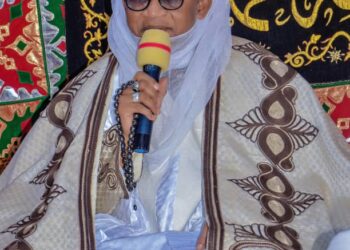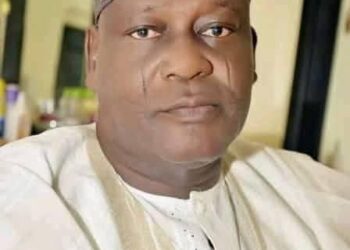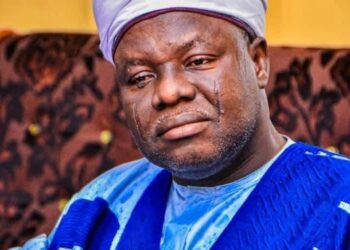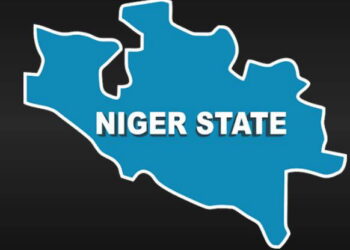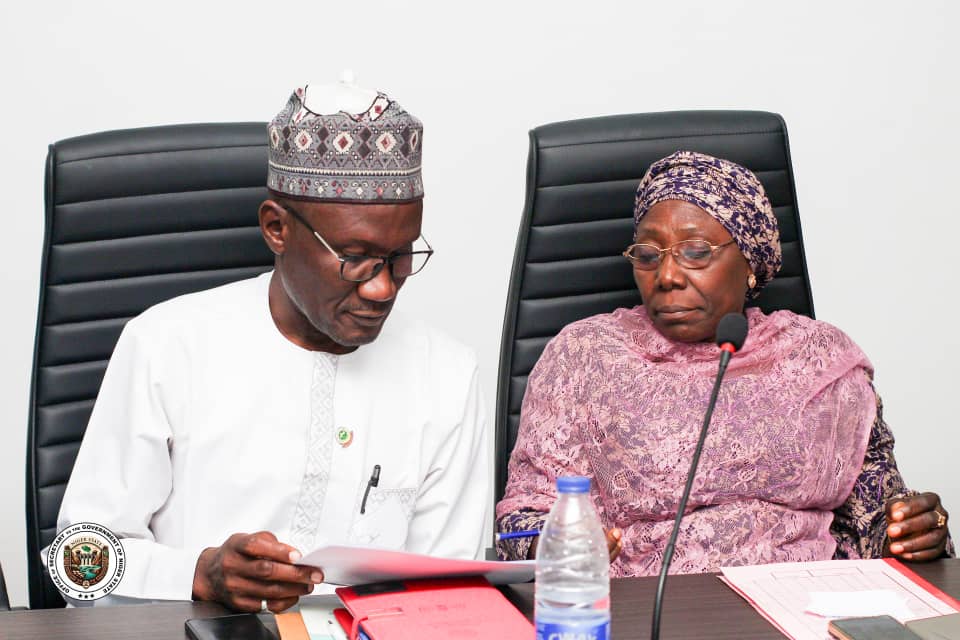 NIGER SSG INAUGURATES 15-MEMBER COMMITTEE FOR RESETTLEMENT OF FULANI PASTORAL COMMUNITIES IN KALIKO FOREST RESERVE
NIGER SSG INAUGURATES 15-MEMBER COMMITTEE FOR RESETTLEMENT OF FULANI PASTORAL COMMUNITIES IN KALIKO FOREST RESERVE
The Secretary to the Government of Niger State (SSG), Alhaji Abubakar Usman has inaugurated a 15-member committee tasked with facilitating the resettlement of displaced Fulani pastoral communities in the Kaliko Forest Reserve, Wushishi Local Government Area of the State.
The inauguration ceremony took place at the conference hall of the SSG’s Office in Minna.
In his address, Alhaji Abubakar Usman outlined the committee’s key objectives, emphasizing the need for a resettlement process that respects and preserves the cultural identity, traditional practices and livelihood systems of the pastoral communities.
He stated that the committee is mandated to assess the current conditions, needs and vulnerabilities of the displaced pastoralist communities.
Others include develop a detailed and inclusive resettlement and integration plan tailored specifically to the Kaliko Forest Reserve area and submit periodic updates detailing progress, emerging challenges and key recommendations to ensure transparency and accountability.
The SSG further directed the committee to commence its activities immediately and complete its assignment within two months. However, he noted that an extension may be granted based on progress reports and further directives from the State Government.
In his vote of thanks, the Chairman of the Committee and Commissioner for Nomadic and Pastoral Affairs, Hon. Umar Sanda Rabe, expressed gratitude to the State Government for the trust reposed in the committee.
The Chairman affirmed that the resettlement of the Fulani pastoral communities in Kaliko Forest Reserve represents a critical step toward ensuring peaceful coexistence, promoting pastoral livelihoods and enhancing social stability in Niger State’s rural landscape.
Hon. Rabe assured stakeholders of the committee’s commitment to delivering a fair, sustainable and culturally sensitive resettlement plan that aligns with the State Government’s broader development agenda.
The committee comprises representatives from relevant government agencies, traditional institutions, and pastoral community leaders to ensure a holistic and participatory approach.
The Niger State Government remains committed to fostering harmony between farming and pastoral communities while advancing sustainable development across the State.


